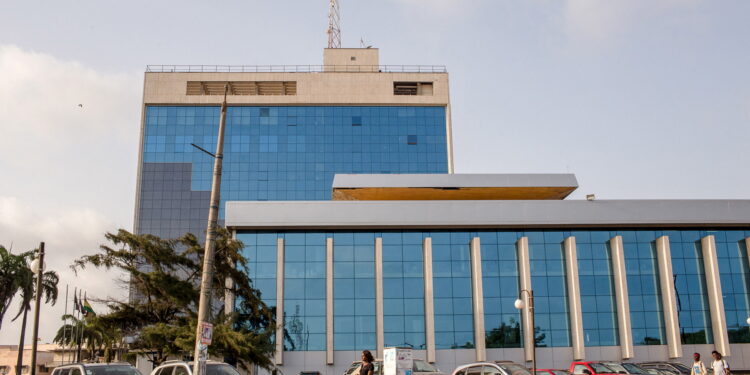3/12/2025–|Last update: 3/12/202505:12 PM (Mecca time)
The Ghanaian government announced the raising of the growth and sustainability tax on mining companies from 1% to 3%, in a move aimed at strengthening government revenues and achieving economic stability.
However, the decision sparked widespread controversy between the government, representatives of the industrial sector and investors, as the Ghanaian Industries Association considered it an obstacle to growth, while the government defended it as an economic necessity.
The Ghanaian Industries Association warns
The Ghanaian Industries Association has expressed its strong rejection of this increase, warning that it may hinder companies’ ability to expand and invest.
The CEO of the Association Seth Tokosbo pointed out that raising the tax to 3% may reduce the profits of companies and make the business environment in Ghana less attractive to investors, especially in light of the high operating costs and other economic challenges.
The association warned that the continuation of these policies may cause some companies to review their investments or convert them into countries that provide a more stable business environment.
The government is defending
For his part, the Ghanaian Minister of Finance defended the decision, stressing that increasing the tax is necessary to enhance government revenues and ensure long -term financial sustainability.
He pointed out that the additional returns will be used to support the vital sectors such as infrastructure, health and education, which contributes to the stability of public finances. He also explained that Ghana still has competitive tax rates compared to other African countries.
According to a report published by the “Ghanaweb” website, the new tax will be applied to large companies, especially mining companies, as one of the largest shareholders in the national economy.
Decree implications
The mining sector is a basic pillar in the Ghanaian economy, providing job opportunities, contributing to tax revenues, and achieving huge export revenues. But as the tax increases, the question arises about the impact of the decision on the sector’s investments.
According to a report published by (Business Week Ghana), raising the tax may lead to a decline in new investments in the mining sector, which may affect the profits of companies operating in it.
Some analysts have also warned that this decision may push companies to reduce their operations or transfer their investments to less tax countries, which will negatively reflect on the long -term government revenue.
Between revenues and investments
Amid this controversy, opinion is divided among the decision supporters who they see a necessary step to finance development and ensure financial sustainability, and between the opponents who consider it an additional burden on companies and investors.
While the government confirms that this step will enhance financial sustainability, economists believe that it is necessary to find a balance between achieving revenues and supporting the business environment, so that tax policies do not lead to low investments and threatening the stability of the economy in the long run.
In light of these challenges, the impact of increasing the tax on the attractiveness of investment in Ghana remains a subject of controversy, and the coming months will reveal the extent of this decision’s reflection on the national economy.



